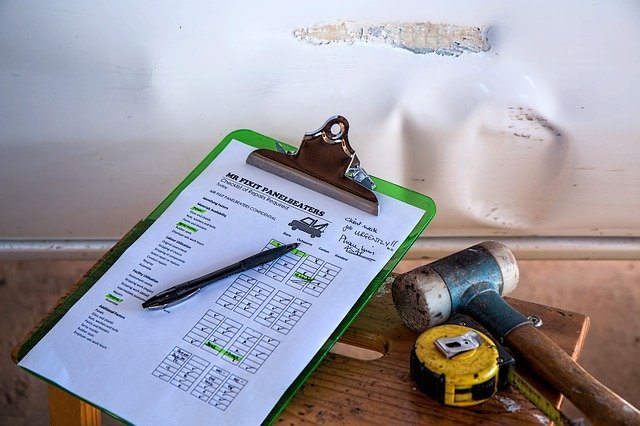Rent protection insurance – or rent guarantee insurance – is a type of home and commercial property insurance that has become essential for property owners. Would you like to learn more on this type of insurance and what it actually covers? Today’s article by ShBarcelona will tell you more about it.
Related article: Renovate Your Apartment to Maximize Rental Income
What is rent protection insurance?



Photo by stevepb via Pixabay
This type of insurance provides exactly the kind of security property owners need when it comes to collecting rent. But insurances, as we all know, cover different things, and the type of insurance in the end depends on the needs of the landlord and his or her tenant. So whether you should opt for an insurance with more, or less, coverage, depends totally on your personal situation.
There are several types of rent protection insurance, and these are basically divided into two:
- The basic or standard rental protection insurance, which means the landlord will receive his monthly instalments when the tenant is not paying. You can also make use of the insurance company’s legal assistance to officially require the tenant to pay.
- Clauses for the non-payment of rent in your general home insurance. Although you are entitled to practically the same services, such as legal assistance and financial coverage for rent that hasn’t been paid, it is usually less extensive and the amount covered will be less.
As already mentioned, an insurance for non-paying tenants offers different types of coverage. It is important to be aware of this, in order for you to decide what insurance suits you best:
- Legal defence to assist with any rental contract disagreements. This insurance covers the expenses caused by claims, legal advice, trial, etc. Most of these insurances have a minimum amount that must be met before paying out. This is usually 300 euros. This means that if the amount is lower, the insurance company will not proceed with a judicial claim.
Related article: Owners: 6 tips to safely rent out your flat



Photo by stevepb via Pixabay
- Sometimes other types of defence are included, either against the Insurance Compensation Consortium (where the insured was covered), or against another private insurance company.
- Claims for damages to a property. With this type of coverage you can claim for damages that have been caused in the home itself and on the property, provided damages are not related to the breach of a contractual relationship.
- Claims for the repair and maintenance of installations and systems. The insurance will cover claims if the landlord has a repair and maintenance contract specifically for having rented out the property.
- Legal assistance (by telephone).
- Unpaid rent, the most important coverage for this type of insurance. When a tenant stops paying rent, the policy covers for the unpaid amounts. Every insurance, however, has a series of limits. It is important to know these boundaries to avoid any unexpected surprises.
- Other types of claims and defence in relation with the property’s community or its neighbours.
- Acts of vandalism in the property. The insurance company also guarantees coverage for theft from or vandalism inside the property caused by the tenant. If this is the case, it is normal for an insurance company to guarantee only a maximum amount.
In conclusion, the expenses mentioned below are included in the insurance’s legal defence in case rent is not being paid:
- Expenses for experts and lawyers
- Bail bonds in criminal trials
- Court fees and other procedure related costs
- Notary expenses
- Attorney fees, within limits set by the insurance
Is there something else you would like to know about rent protection insurance?

























Leave a Comment